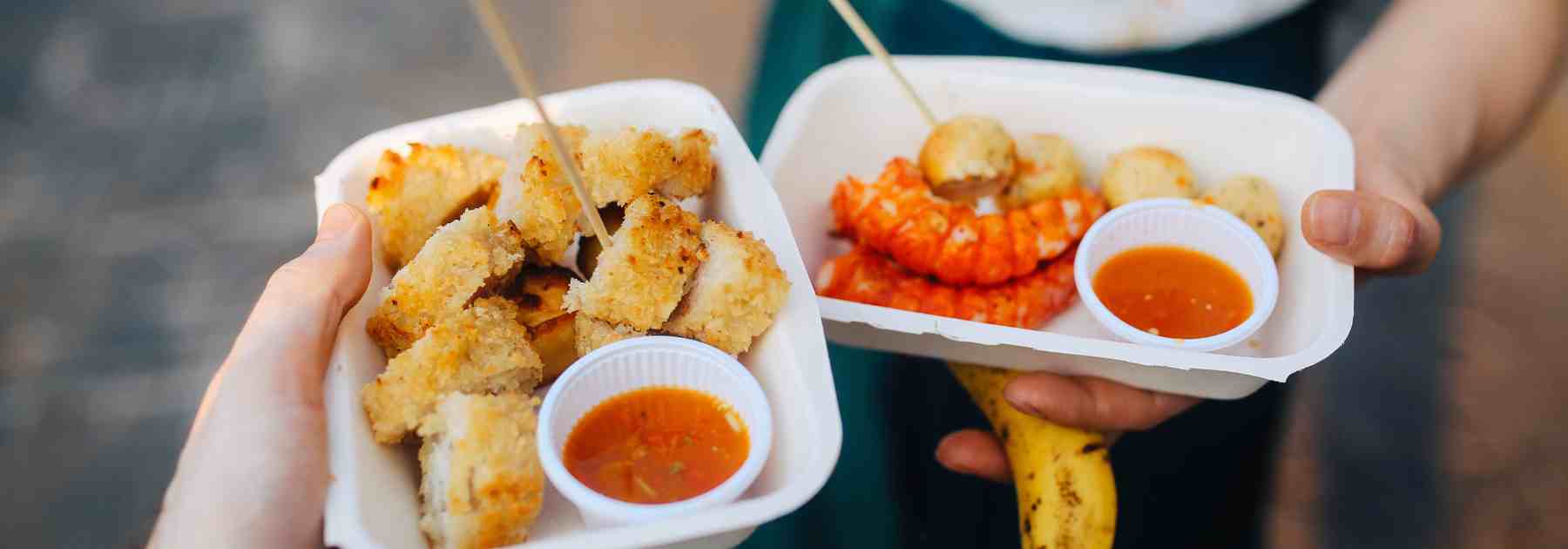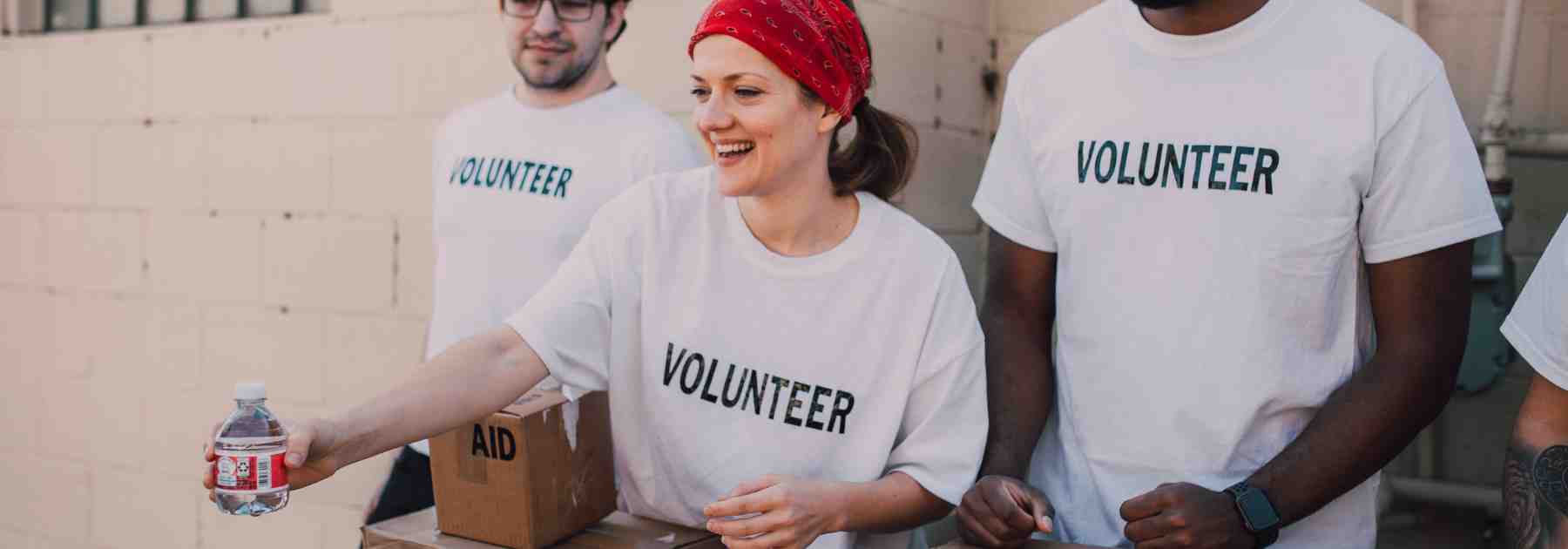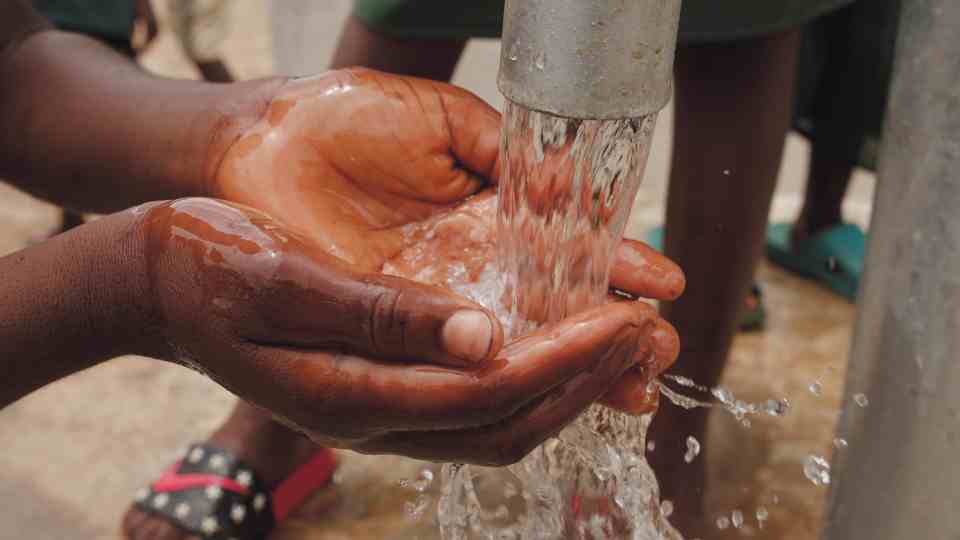Who Is Most at Risk of Cholera? High-Risk Groups Explained
Cholera is a severe bacterial infection that spreads through contaminated water and food, causing severe diarrhoea and dehydration. While it is rare in the UK, travellers visiting certain parts of the world may be at a higher risk of contracting the disease. The best way to protect yourself is by taking precautionary measures, including good hygiene practices and getting a cholera vaccine before travelling to high-risk areas.
At Midnight Pharmacy Travel Clinic, we provide expert advice on cholera prevention and travel vaccinations to help ensure your health and safety abroad. In this guide, we will explain who is most at risk of cholera and how you can protect yourself.
How Does Cholera Spread?
Cholera is caused by the Vibrio cholerae bacterium, which is found in contaminated water, seafood, and raw food. It spreads mainly through:
- – Drinking contaminated water from unsafe sources.
- – Eating food washed or prepared with infected water, particularly in areas with poor sanitation.
- – Person-to-person transmission, although this is less common.
The bacteria release a toxin in the intestines, leading to severe diarrhoea, dehydration, and electrolyte imbalances. Without treatment, cholera can quickly become life-threatening, particularly in vulnerable groups.

Who Is Most at Risk of Cholera?
1. Travellers Visiting High-Risk Countries
Cholera is most commonly found in regions with poor sanitation and limited access to clean water. If you are travelling to Africa, South Asia, Southeast Asia, or parts of Central and South America, you may be at a higher risk of exposure.
Countries with ongoing outbreaks or recent natural disasters are particularly dangerous, as water supplies may be contaminated. Popular travel destinations where cholera cases have been reported include:
Bangladesh and India – Both have regular outbreaks due to monsoon flooding and poor sanitation in some areas.
Nepal and Pakistan – Cholera cases have increased following natural disasters and water shortages.
Haiti and the Dominican Republic – Cholera outbreaks have been linked to hurricanes and infrastructure damage.
Parts of Africa – Countries such as Nigeria, Ethiopia, and the Democratic Republic of Congo have frequent cholera outbreaks.
If you are visiting any of these areas, it is highly recommended to consider the cholera vaccine and follow strict hygiene precautions.
2. People Staying in Rural or Remote Areas
Travellers staying in cities with good infrastructure generally have a lower risk of cholera exposure compared to those in rural villages, campsites, or areas with limited sanitation. When access to clean water and proper sanitation is restricted, the likelihood of encountering contaminated water sources increases. Individuals who are volunteering in remote areas, working in refugee camps or disaster zones, backpacking through high-risk regions, or spending time in areas with poor water access face a significantly higher risk of cholera infection. In these situations, taking extra precautions is essential, and receiving a cholera vaccine before travel is strongly recommended.
3. People with Weakened Immune Systems
Those with underlying health conditions or weakened immune systems are more vulnerable to severe complications if they contract cholera. The illness causes rapid dehydration, which can be particularly dangerous for elderly travellers who may struggle to replace lost fluids quickly. People with diabetes or other chronic conditions may also find it harder to fight off infections, increasing the risk of severe illness. Additionally, individuals with stomach conditions, such as low stomach acid or those who have undergone gastric bypass surgery, have reduced natural defences against bacteria, making them more susceptible to cholera. If you fall into any of these categories and are travelling to a cholera-endemic region, taking extra precautions is essential. Ensuring proper hygiene and receiving the cholera vaccine before departure can significantly reduce the risk of infection.
4. Aid Workers and Medical Professionals
Humanitarian workers and medical professionals who respond to natural disasters, war zones, or refugee crises are frequently exposed to poor sanitation and unsafe drinking water, putting them at high risk of cholera. The disease spreads quickly in overcrowded conditions, particularly in areas where clean water is scarce, and waste management is inadequate. Those involved in disaster relief operations, refugee camps, or emergency healthcare settings are at the greatest risk due to their proximity to affected communities. If you are planning to work in these environments, ensuring you receive the cholera vaccine before travelling is essential. Not only does it protect your own health, but it also helps reduce the spread of infection among vulnerable populations.

How to Protect Yourself from Cholera While Travelling
One of the most effective ways to prevent cholera is by getting vaccinated. The UK offers an oral cholera vaccine (Dukoral), which is recommended for travellers visiting high-risk areas, particularly those staying in rural locations or working in humanitarian aid. The vaccine consists of two doses taken one to six weeks apart and provides protection for up to two years. At Midnight Pharmacy, we can advise whether the vaccine is necessary based on your travel plans and health status.
Since cholera spreads through contaminated food and water, taking precautions while eating and drinking abroad is essential. Stick to bottled or purified water, avoid tap water, ice cubes, and drinks made with unfiltered water, and opt for thoroughly cooked food over raw seafood or unpeeled fruits. Practising good hand hygiene by washing with soap and water or using alcohol-based sanitisers before eating can also help reduce the risk of infection.
Should You Get the Cholera Vaccine?
While cholera is not a risk for most UK travellers, those visiting high-risk countries, working in humanitarian aid, or staying in remote areas should strongly consider vaccination. The cholera vaccine is an effective way to reduce your risk, especially when combined with good hygiene and safe food and water practices.
At Midnight Pharmacy, we offer expert travel health advice and vaccinations, including the cholera vaccine. If you’re planning a trip to a cholera-prone region, book a consultation with us to ensure you are fully protected before you travel.

This blog was written on behalf of Midnight Pharmacy by Pharmacy Mentor.

